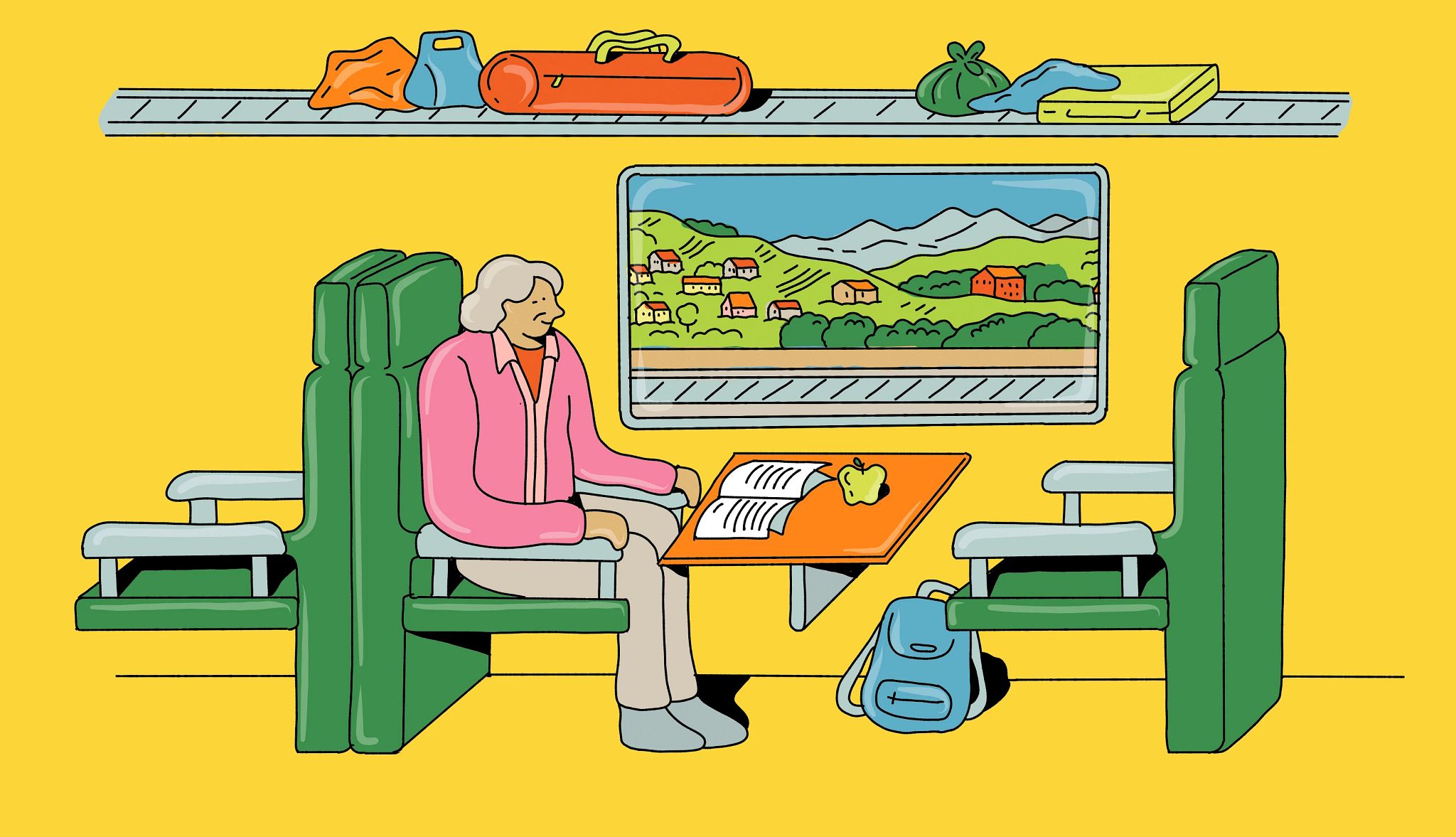AARP Hearing Center
My grandfather, Otto Schweickhardt, spent most of his adult life trying to put his country of birth behind him. But more than 80 years after he left Germany to settle permanently in the United States, I found myself going in the opposite direction. I applied for a German passport, a document that would allow for stronger connections to my German relatives and heritage — and, as a bonus, would make traveling to Europe easier upon my retirement.
Ironically, it was my grandfather, a man who enthusiastically chose the U.S. over Germany, who made dual U.S./German citizenship a possibility for me. And if one of your ancestors came to the U.S. from certain countries under certain circumstances, you too might qualify for a second passport — one that might strengthen your bond to your family’s country of origin and reduce the hassles of international travel. I’ll explain how “citizenship by descent” worked for me, and how it could work for you.
A baker goes to sea
When my grandfather was young, he wanted to see the world. Trained as a baker, he got a job in 1925 on a cargo ship headed to New York and jumped ship in Manhattan. Opa, as my sister and I called our grandfather, loved living in the U.S. — he bought himself a motorcycle, which he rode through Central Park — only to return to Germany in 1932, as his father was dying of cancer.
For the next few years he worked as a baker in Hamburg. I do not know how he felt about Adolf Hitler and the Nazi Party as they came to power in Germany in the 1930s; years later, he never spoke about them. What I do know is that he missed the United States. So in 1938, he took another maritime job and again jumped ship in New York, this time staying for good. Later that year, only three weeks after he met Elisabeth Bachteler at a dating club for German immigrants, they got married at New York’s Little Church Around the Corner. Oma, as I knew her, had been recently naturalized; Opa became an American citizen in 1948.
It was not easy to be a German immigrant in New York during World War II. While the internment of more than 120,000 Japanese Americans during the war is better known, the U.S. also interned more than 11,000 people of German ancestry. My grandparents, who feared joining those ranks, tossed all their German-language newspapers and magazines into a public trash can. Using their household bin to dispose of those items felt too risky.
Opa and Oma eschewed German cultural traditions in favor of American alternatives. Like many other immigrants, they genuinely loved the U.S. and felt that assimilation was the path to a good life here. When my mother was born in 1942, they raised her to speak only a little German. English was the main language in their household.
My grandparents kept in touch with family in Germany, but it’s no easy thing to stay close to people who live an ocean away. Letters and postcards (with some sections censored in black during the war) took the place of time spent together. Opa made only two visits to Germany after 1938, both times for family funerals. My mother never met three of her grandparents. She saw the fourth one only twice.





































































.jpg?crop=true&anchor=22,142&q=80&color=ffffffff&u=lywnjt&w=1967&h=1130)

